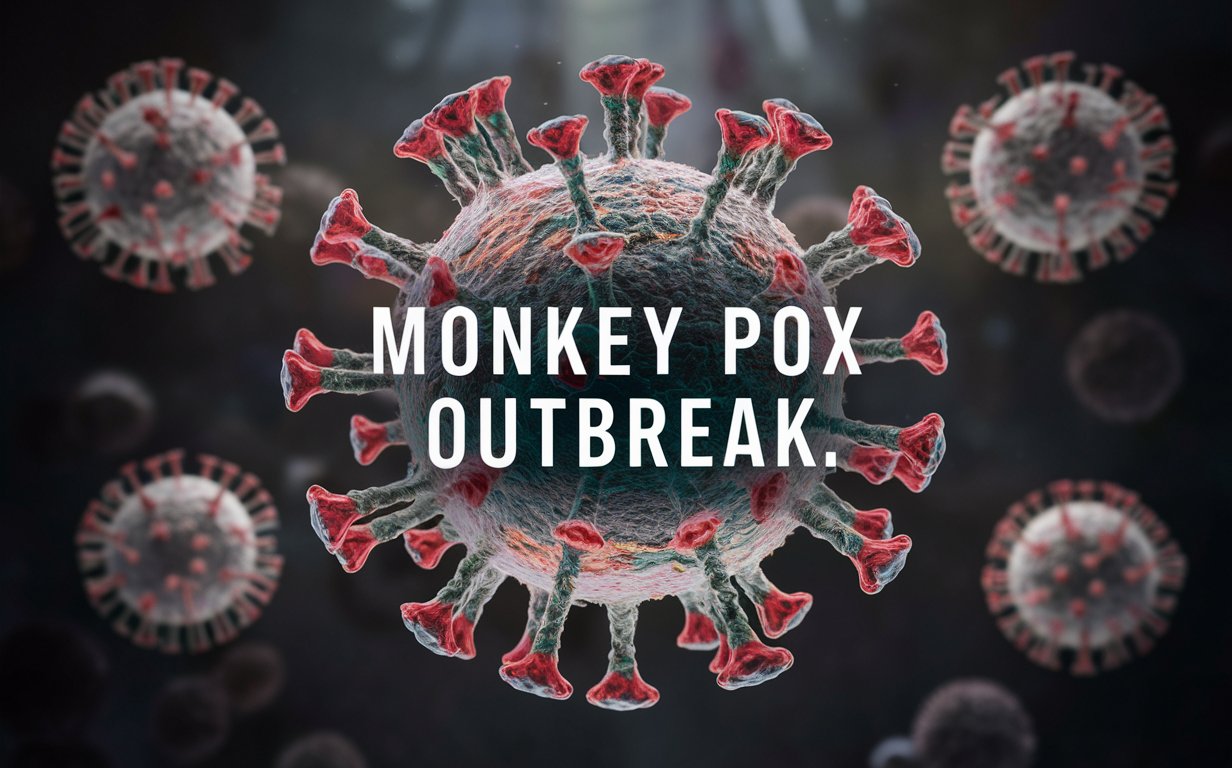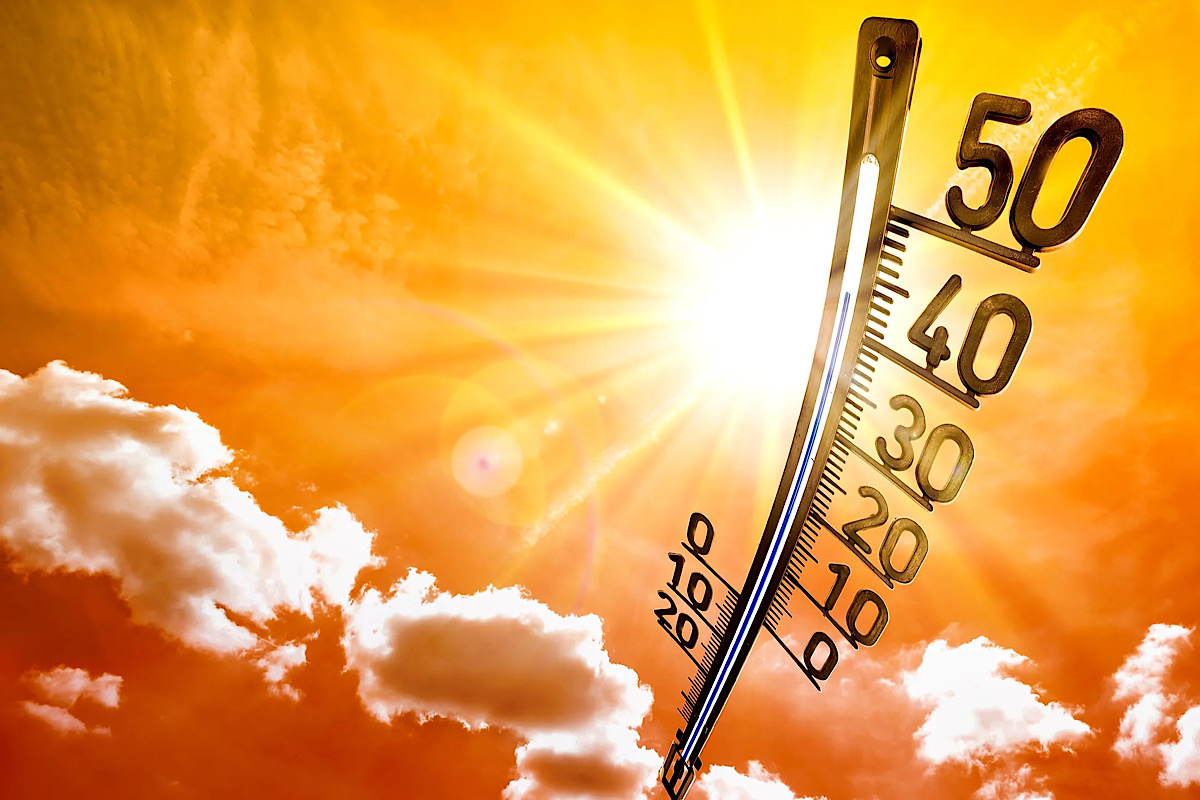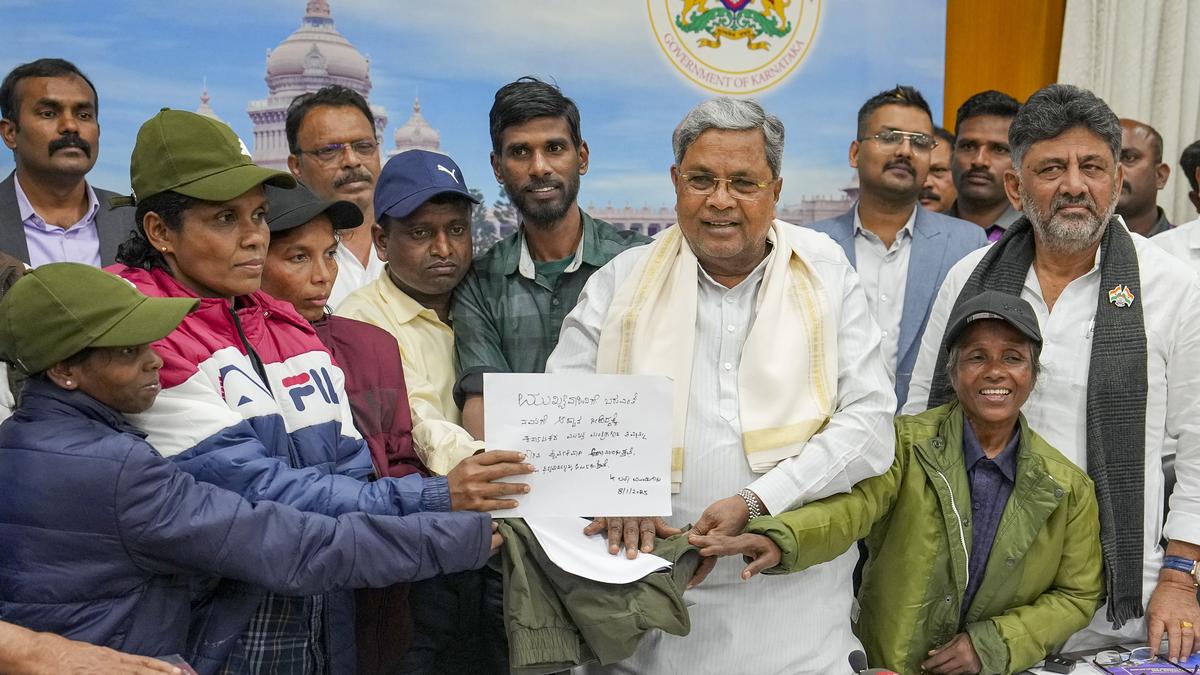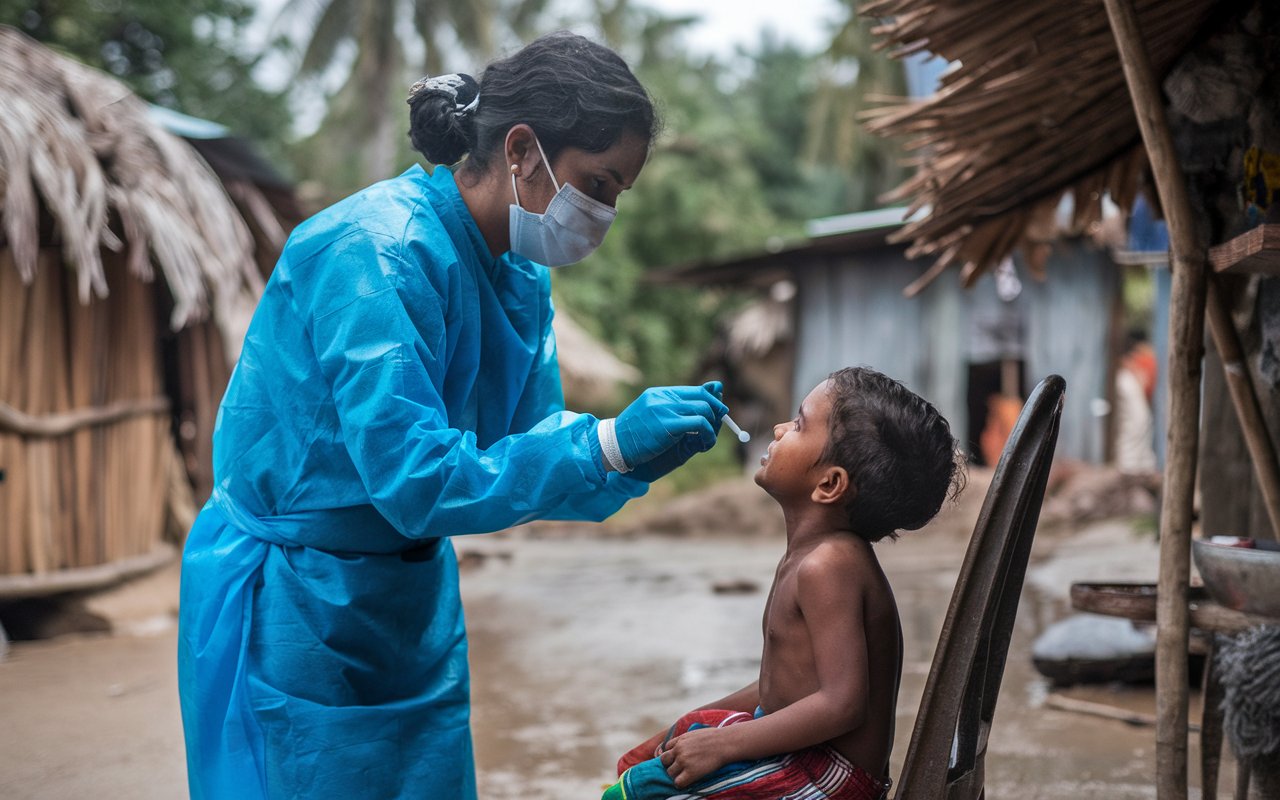WHO Calls Emergency Meeting to Address Monkeypox Surge: What You Need to Know
The World Health Organization (WHO) called an emergency conference to discuss whether to declare the virus a global health emergency, which is an important step in responding to the spreading monkeypox outbreak. This decision comes in response to a troubling surge in cases, primarily originating from the Democratic Republic of Congo (DRC), and the potential for further international spread.
The global spotlight has been focused on the increase in monkeypox cases, especially concerning the concerning data coming from the DRC. Over 27,000 cases and more than 1,100 deaths, mainly affecting children, have been reported by the Central African nation since September 2023. This sharp growth has sparked major concerns about the virus’s ability to move beyond Africa and threaten global health security. It’s the outbreak of monkeypox—now called Mpox—which is highly surging, with cases now detected in ten African nations. Over 96% of reported cases and deaths took place in the Democratic Republic of the Congo (DRC), where the majority of cases are still concentrated.
The number of cases increased by 160% this year, while deaths rose by 19%, compared to a year ago, according to the Africa Centres for Disease Control and Prevention. The primary symptoms include fever, chills, respiratory issues, swollen lymph nodes, and muscle pain.
Content Highlight
- WHO is convening an emergency meeting to assess if the monkeypox outbreak should be declared a global emergency.
- Over 27,000 cases and 1,100 deaths have been reported in Congo this year, with a significant rise in cases and deaths.
- Mpox, previously known as monkeypox, has spread to 10 African countries, with most cases concentrated in Congo.
- The outbreak has seen a 160% increase in cases and a 19% rise in deaths compared to last year.
- WHO is considering emergency use of vaccines and has released funds to address the crisis.
The WHO’s Emergency Meeting
The emergency meeting convened by the WHO seeks to evaluate if the monkeypox outbreak meets the criteria for a Public Health Emergency of International Concern (PHEIC). If designated as such, it would lead to worldwide initiatives to control the virus, such as heightened monitoring, financial support, and international collaboration. The Director-General of WHO, Dr. Tedros Adhanom Ghebreyesus, declared that an emergency committee will be meeting to assess the situation. He emphasized the necessity of a thorough analysis in light of the virus’s international expansion and its ability to spread even further.
The emergency committee will consist of independent experts from various fields, including virology, epidemiology, and public health. Their responsibility will be to offer a well-informed suggestion regarding the PHEIC classification of the outbreak.
Current Statistics and Trends

This year alone, monkeypox cases have surged by 160%, with deaths increasing by 19% compared to the previous year. Children under the age of fifteen are involved in 85% of deaths and 70% of cases, according to the Africa CDC. This vulnerability of this cohort highlights the necessity for focused public health initiatives.
Symptoms of monkeypox consist of fever, chills, respiratory issues, swollen lymph nodes, and muscle discomfort. The virus is transmitted through close contact with infected people or animals and through contaminated materials. The crisis has escalated due to the recent appearance of a new variant, ‘Clade Ib,’ which seems to spread more quickly. Read More- https://my.clevelandclinic.org/health/diseases/22371-monkeypox
Public Health Measures
Hand hygiene, avoiding close contact with the diseased, and monitoring of symptoms are essential in the prevention of monkeypox. Health authorities insist on taking general hygiene very seriously monitoring for symptoms and avoiding contact with infected people as much as possible. Efforts to improve surveillance are currently in progress to monitor the spread of the virus and put effective control measures in place. These efforts involve ramping up testing, tracing contacts, and launching public health campaigns to increase awareness.



 By
By

















